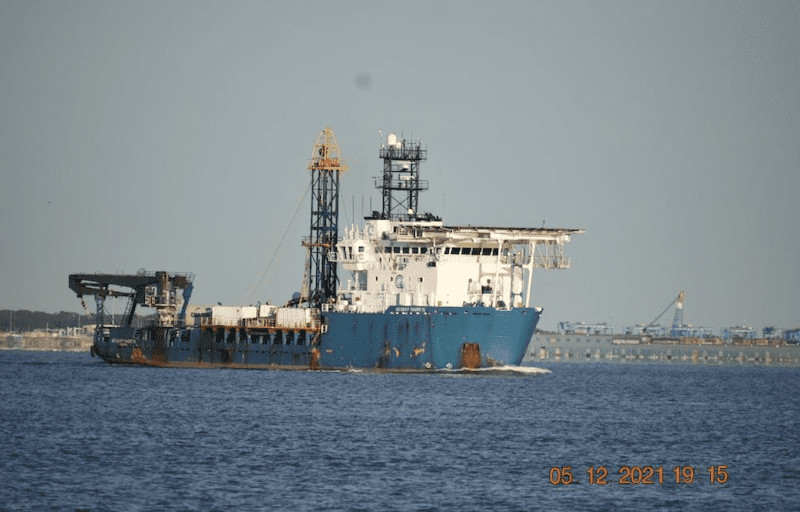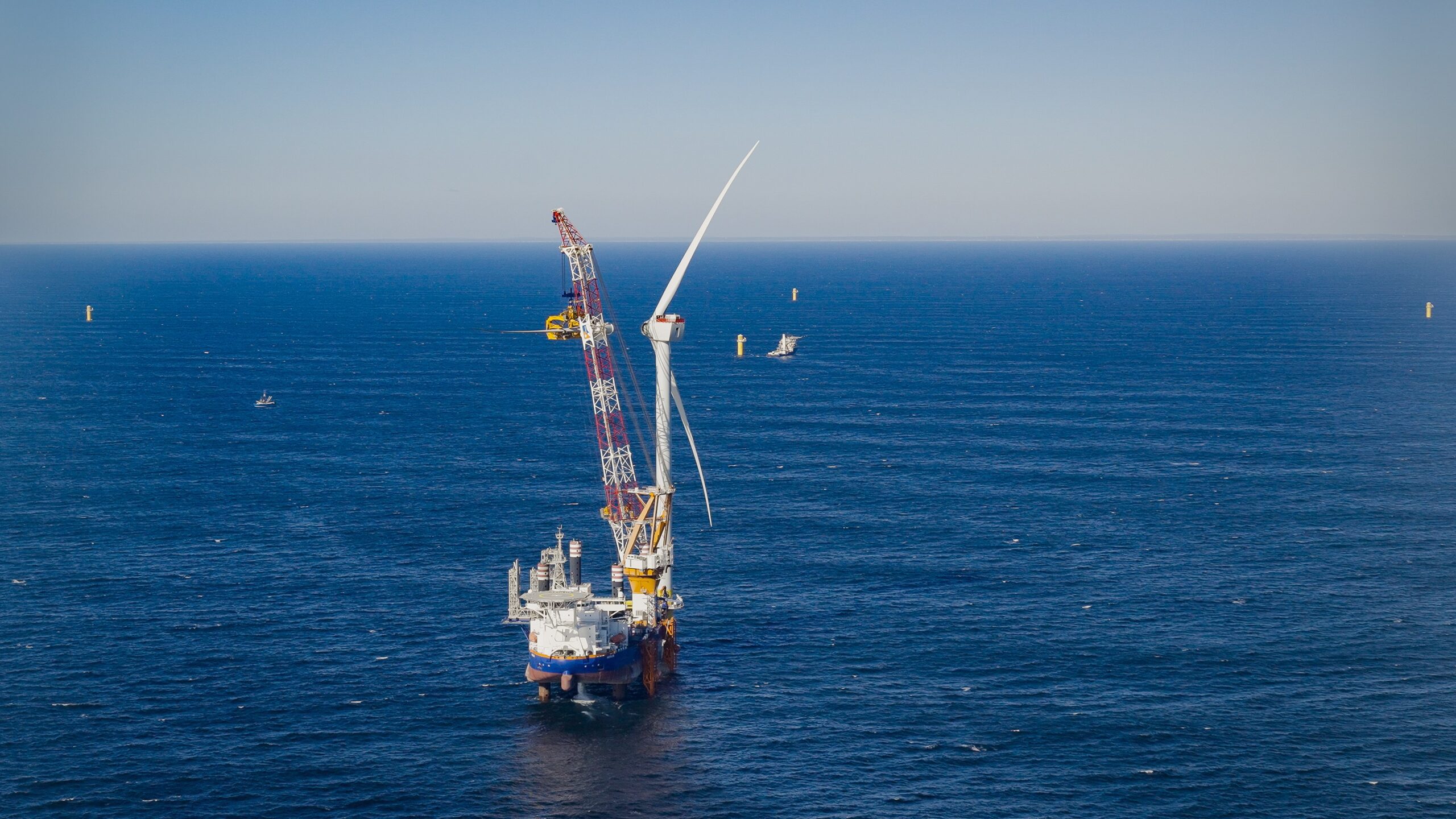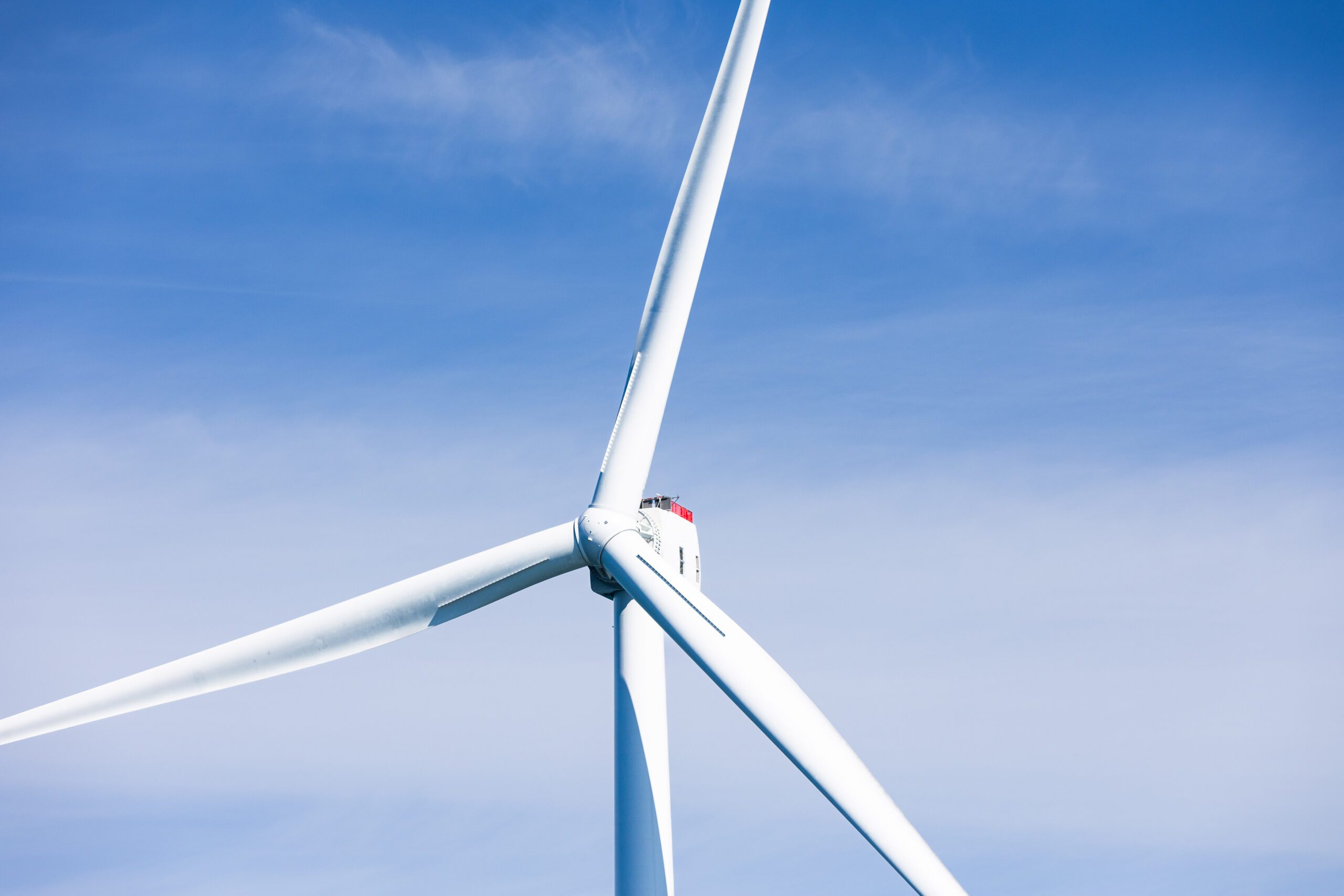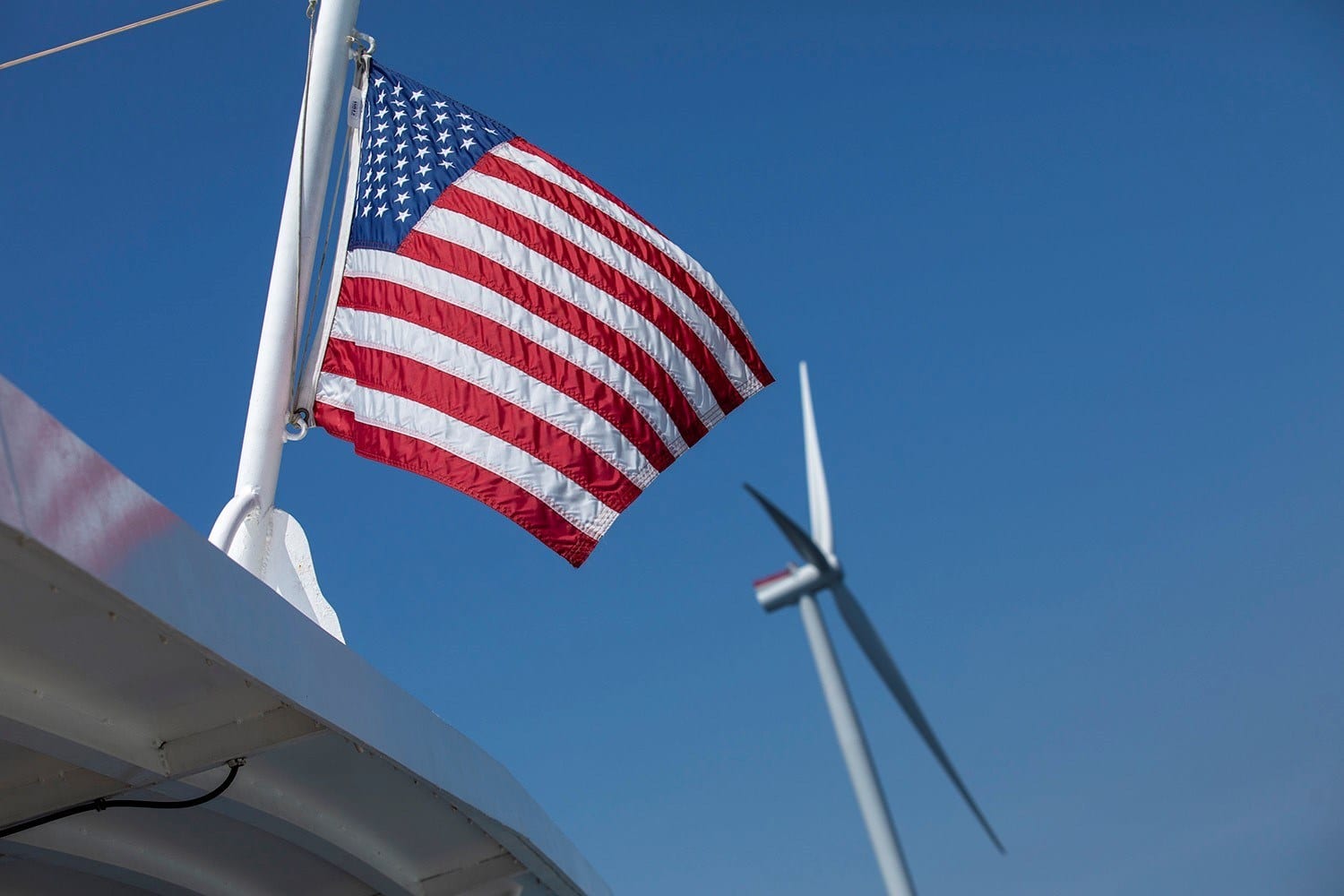The Offshore Marine Service Association (OMSA) has made its latest accusation of Jones Act violations, this time involving a foreign ship of “illegally” transporting cargo off Virginia in support of an offshore wind project.
The report is the second under the organization’s Jones Act Enforcer Program, which it launched earlier this year with the goal of independently documenting and reporting Jones Act rule breakers. The latest report details how details how the foreign-flagged M/V Geoquip Saentis, a Chinese-built and foreign-crewed vessel, transported merchandise from points in U.S. waters to U.S. ports, an activity prohibited under the Jones Act, which requires seaborne cargo shipped between two U.S. points to be carried by U.S.-built, crewed, and owned vessels. The report utilized information produced by the vessel owner and publicly available records to document the violation.
“U.S. wind power should mean U.S. jobs,” said OMSA President Aaron Smith. “Our report provides a case study of how far too often wind projects are instead creating jobs for Estonians and Romanians, while capable American mariners sit on the shore. We’ve detailed how a foreign company—by their own admission—used a Chinese-built vessel with foreign crew members to transport cargo within U.S. waters. That’s illegal.”
OMSA said the report also shows how weak oversight from the government allowed the vessel to not only violate the Jones Act, but also fail to comply with employment, safety, and environmental protection laws and regulations. Specifically, the report accuses the U.S. Coast Guard of “not following existing law, or their own regulations in allowing the GEOQUIP SAENTIS to utilize non-U.S. citizens in U.S. waters.”
Further, the report notes:
- The vessel was apparently never inspected or obtained the classifications required to conduct drilling or coring activities.
- When the vessel first arrived in U.S. waters it did not secure the Clean Water Act-required permits and was therefore prohibited from entering two U.S. ports.
- In securing the permit required by the Clean Water Act, the vessel operator falsely reported the number of crew members and the amount of time the vessel was to spend in U.S. waters.
- The vessel has been documented as an “acknowledged pollution source” by the USCG.
- The vessel repeatedly failed to broadcast its position via Automatic Identification System (AIS) in violation of U.S. law.
Although OSMA’s report did not name anyone directly (besides the vessel in question), Dominion Energy is in the process of developing the 2.6 gigawatt (GW) Coastal Virginia Offshore Wind Commercial Project to be located 23.5 nautical miles offshore from the state of Virginia. The project is currently undergoing environmental review by the U.S. Bureau of Ocean Energy Management.
The alleged violation is now the second made by OMSA’s Jones Act Enforcer Program. In August, OMSA reported its first detected violation, alleging that the Vanuatu-flagged derrick barge Epic Hedron, built in China, was transporting merchandise between U.S. points off the coast of Louisiana. In an allegation letter sent to the U.S. Coast Guard and Customs and Border Protection, OMSA detailed how the Epic Hedron used its heavy-lift crane to pick up oil platform jackets during decommissioning work and move them across the GOM.
“Again we have demonstrated that there are two distinct regulatory environments for vessels engaged in the U.S. offshore energy industry,” said Smith. “There is a high level of regulatory compliance for U.S.-flagged vessels and an environment where problems are allowed to slide for foreign flagged vessels. This system is does not protect the safety of our industry or the environment and creates a competitive advantage for foreign-flagged vessels.”
“Lobbyist for the offshore wind industry have claimed their clients will only utilize foreign-flagged vessels when there is not a U.S.-flagged vessel available. Today’s report shows that’s simply not true. Wind developers will continue to exploit lax enforcement of U.S. laws to utilize Chinese-built and foreign-crewed vessels,” Smith adds.
OMSA further alleges that the vessel in this latest case, Geoquip Saentis, continues to work in U.S. offshore wind fields. The vessel left New Bedford, Massachusetts on Saturday, November 13, and seemed to be heading to an offshore wind project South of Nantucket, although the vessel’s AIS did not seem to be registering so an exact location was not available, OMSA said.
Editorial Standards · Corrections · About gCaptain

 Join The Club
Join The Club











